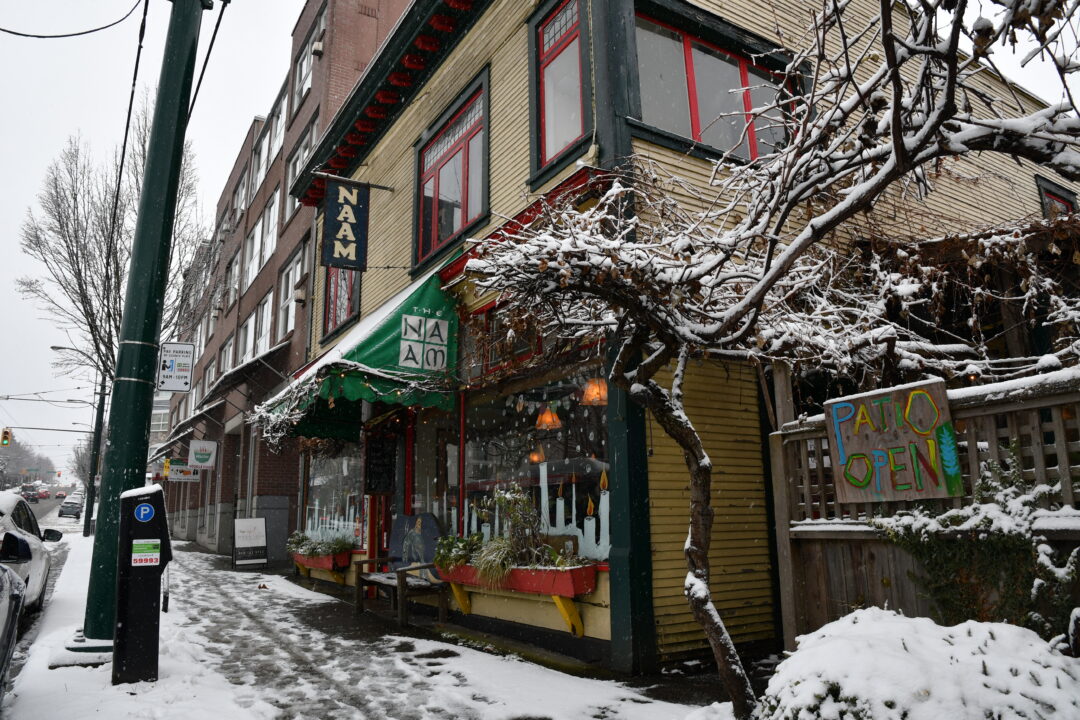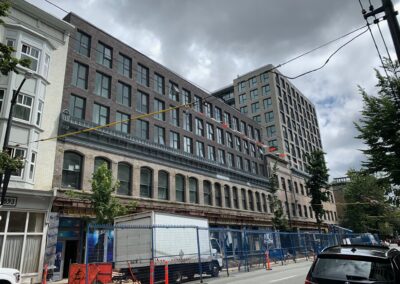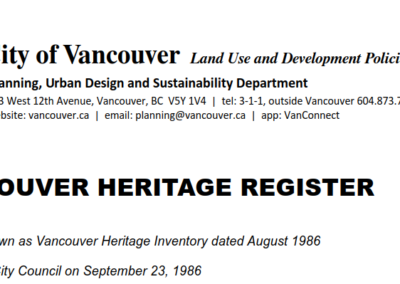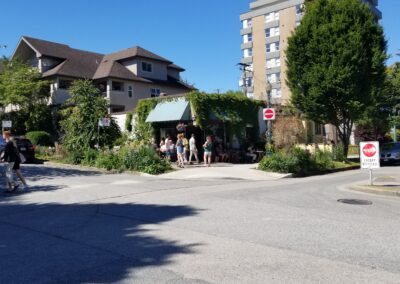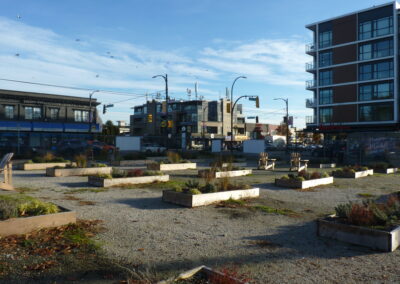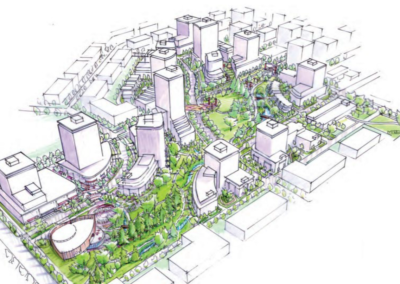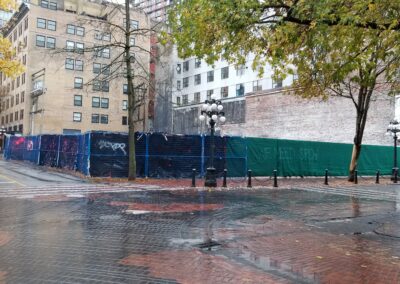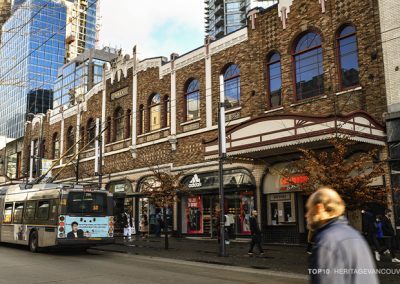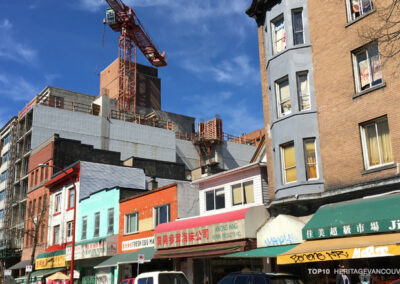In September 2022, news outlets reported that The Naam -the business and the building it is in- was listed for sale. Open since 1969, the Kitsilano vegetarian restaurant is dear to many and the news was disappointing for those who have become attached to the restaurant. In reaction to the news, public comments expressed the Naam’s value as a cultural asset and the many memories people have had at the restaurant.
About
There are many of these businesses that are deeply connected to a neighbourhood’s history and are a part of the identity of a community. Last year we had the Joyce Food Hub -a hub of food businesses significant to the Joyce Collingwood neighbourhood and Filipino Canadians at risk of displacement- on our Top10 list. In 2020, the beloved Gold Stone Bakery in Chinatown permanently closed after 33 years. Many who frequent Chinatown feel that Gold Stone was an important part of Chinatown’s heritage. Also in Kitsilano, Nelly’s Grill closed this June after over 30 years due to a reported 40% rent increase. People expressed sadness over the loss of places like Nelly’s that have become special to them over the years.
Heritage Businesses and Local Retail
When we posted the news of The Naam on our Facebook page, someone had suggested an Asset of Community Value/Community Right to Bid planning tool. In use in the UK, community groups can nominate a business (such as a pub) as an Asset of Community Value and if the business comes up for sale, community groups are given 6 months to raise money to bid for the business to see if they can purchase it.
Asset of Community Value/Community Right to Bid is one of the tools that have been created to curb business displacement due to high rents or evictions for example. The San Francisco Legacy Business program is another program that the City of Vancouver looked at in order to address commercial affordability challenges and displacement pressure of businesses. Split assessment is often proposed the in Vancouver context as something that would help some businesses survive commercial affordability challenges.
These tools exist to try to stem the loss of small local businesses that provide a sense of place and neighbourhood identity, especially ones that provide goods and services at affordable pricepoints. However, it is very difficult to protect these types of businesses due to rising land values and increasing prices. In other cases, development intensification and rezonings can lead to displacement of existing businesses particularly if they have no chance to return and/or they cannot afford to return if there is no affordable location to relocate to. This summer, the City of Vancouver upzoned the Broadway Corridor in order to provide more housing and to make a second downtown. Many smaller businesses currently in low-rise buildings will be lost in this process. It seems very difficult for the tools discussed above to make a significant difference under these circumstances.
Photo by Ben Geisberg
We acknowledge the financial assistance of the Province of British Columbia
